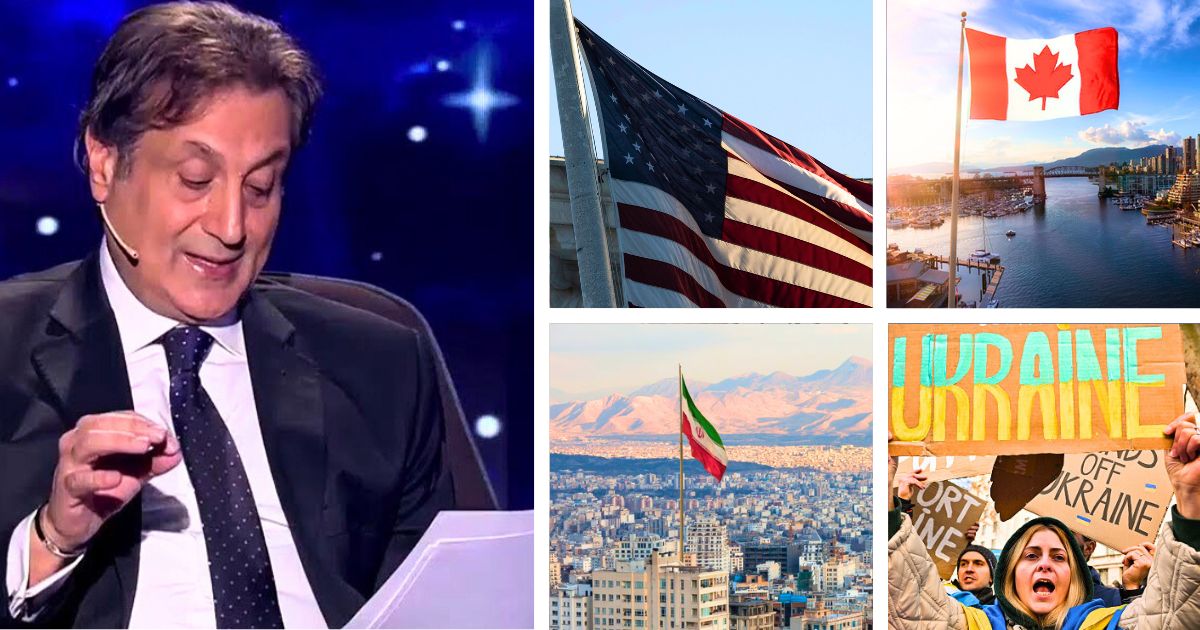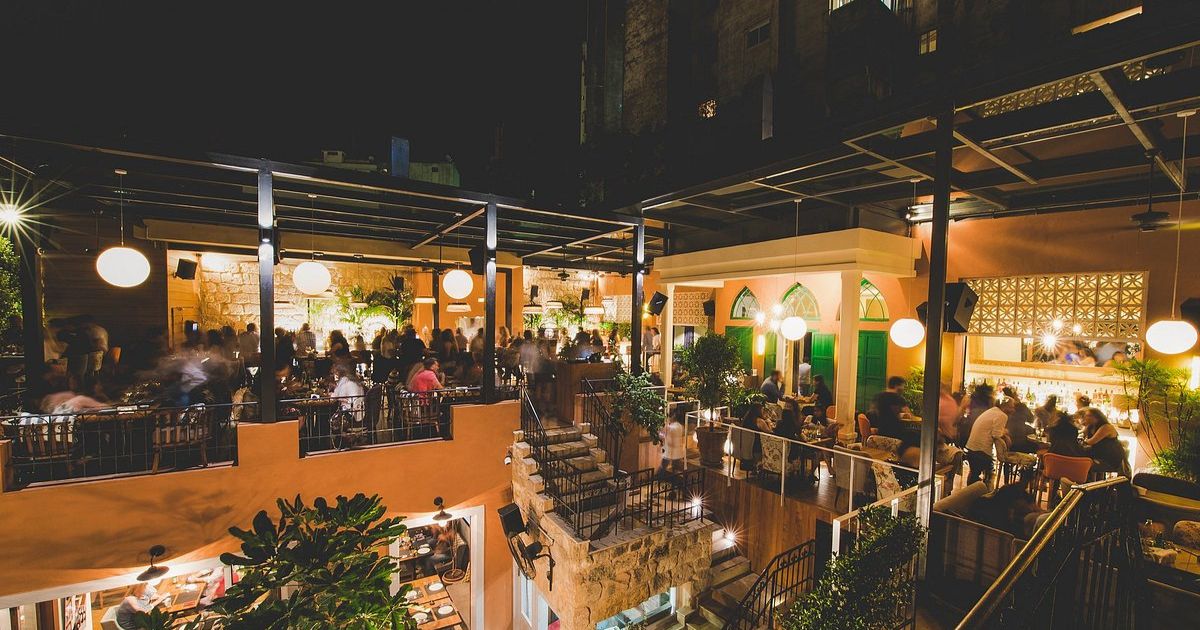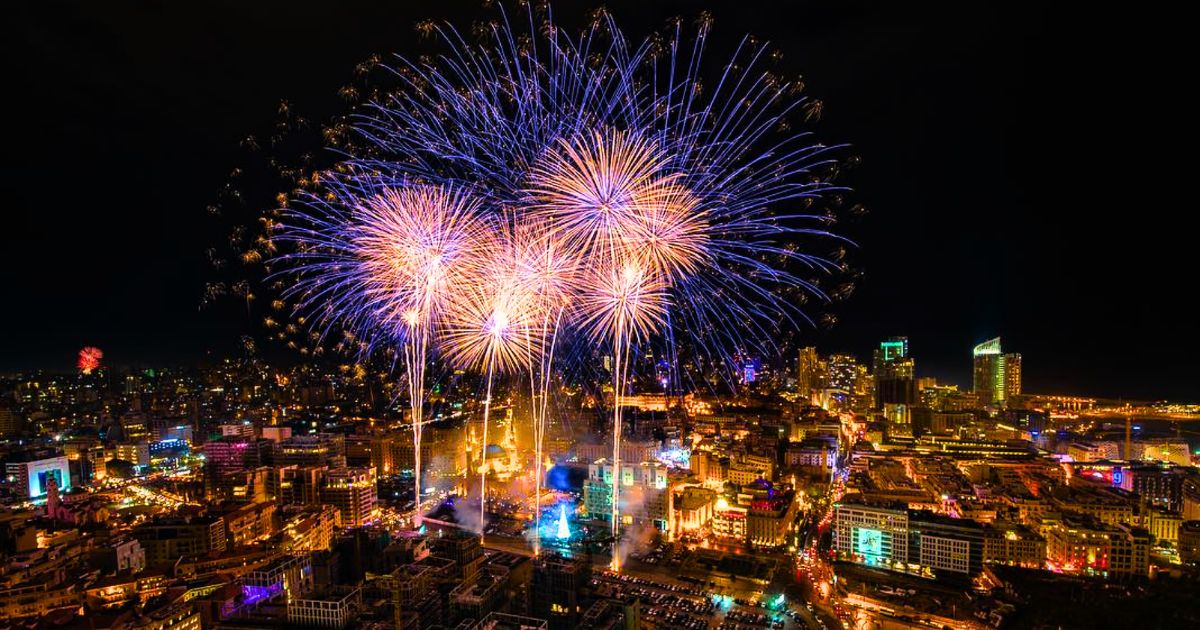Pollution and Lebanon seem to go hand in hand these past couple of years. Rarely a day goes by without seeing the features of pollution somewhere. Nature in Lebanon is crying for help. Anti-pollution campaigns are trying their best. How can they get any work done when a corrupt system is benefiting from this pollution?
Lebanon has almost all forms of pollution that threaten the lives of citizens. Pollution leads to dermatological, cancerous, and epidemic diseases, all of which are increasing in Lebanon. Of course, let’s not forget the respiratory problems arising from unpleasant and toxic smells from factories built close to residential areas.
Pollution in Lebanon is not limited to only one place; however, the most polluted areas are our coasts. This is due to sewage sources along the shore, and increased industrial activity on rivers and beaches among others.
On the Jiyyeh shore in the south, there is a thermal plant. This plant produces more pollution than it does electricity. Air pollution can be seen by the naked eye with huge colored gases coming out of the factory. Water pollution is not a mystery either as the waste is dumped directly into the sea.
On Friday, a mysterious black line appears clear as the day in the sea next to the Jiyyeh Pant. MP Mohammed Al-Hajjar tweeted: “A black line in the sea on the coast of Jiyyeh, perhaps from the deposits of fuel, and perhaps from the violations of the ship that unloaded on Tuesday at the Jiyyeh thermal plant, increasing pollution on our environment.”
He went on asking the Minister of Energy and the Lebanese Electricity Corporation to conduct an investigation in order to know the source of that pollution.
خط أسود في البحر على ساحل الجية ربما من ترسبات الفيول وربما من مخلفات الباخرة التي أفرغت الثلاثاء حمولتها في معمل الجية الحراري يزيد بيئتنا تلوثآ. المطلوب من وزارة الطاقة ومن مؤسسة كهرباء لبنان التحقيق في الأمر لمعرفة مصدر هذا التلوث وإعلامنا بالنتيجة ليبنى على الشيء مقتضاه pic.twitter.com/7PaZY5tIFL
— Dr. Mohamad AlHajjar (@DrMohamadHajjar) December 20, 2019
This was followed by a protest in front of the Jiyyeh thermal Factory. This protest was against the rationing in the electric current and pollution and against the issues between the army and the protesters last week that left several civilians wounded.


















